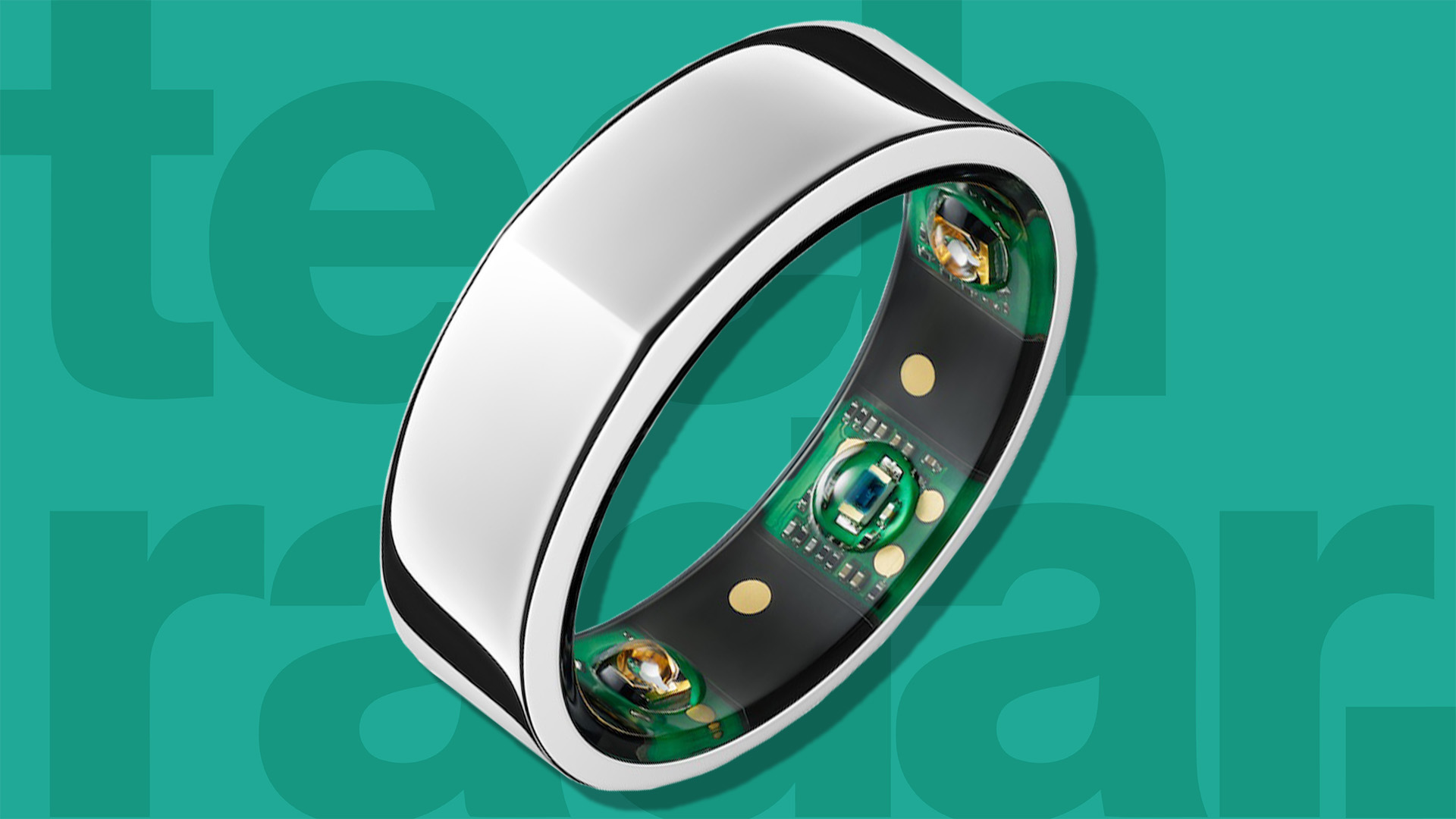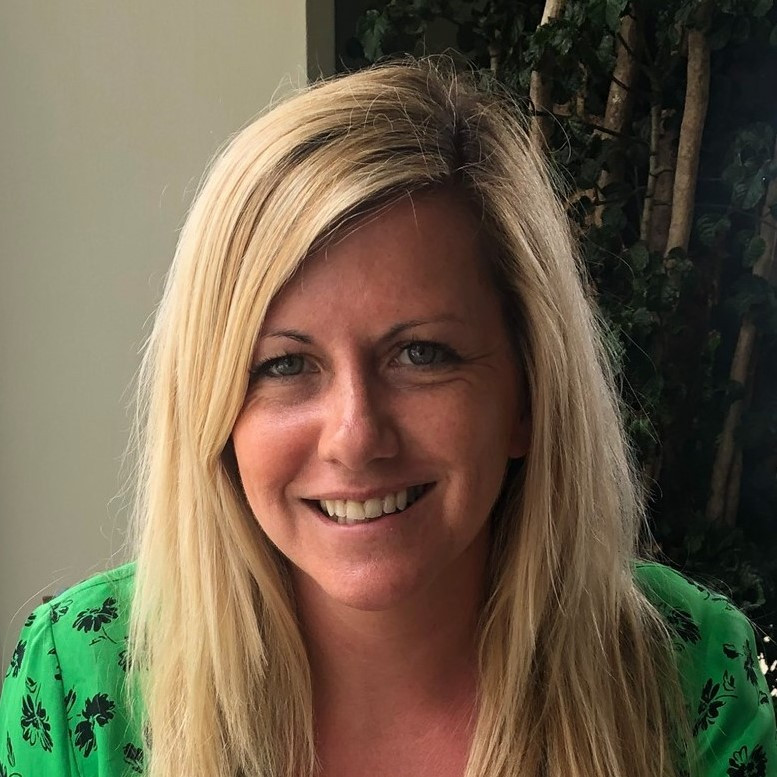I stopped using a fitness tracker at night because I got obsessed with my sleep metrics
I had some anxious nights when I started tracking my sleep

I'm obsessed with sleep. I'm an eight-hours-a-night kind of girl, and I'm normally in bed by 10pm, with tried and tested duvets and pillows, to ensure I get the best-possible night's sleep. But after I started wearing a fitness tracker to monitor the quality of my snoozes, my sleep patterns actually got worse – until a sleep expert told me to stop wearing it.
Sleep tracking has become increasingly common, with the best fitness trackers embedding sleep features, via sensors, to track our sleep stages and help us make changes in order to get better-quality sleep, while dedicated sleep trackers and smart rings are also growing in popularity.
I started using an Oura ring, a fitness and sleep tracker, over a year ago, and I quickly became obsessed with how well – or badly – I was sleeping, as the ring's sleep metrics were more precise than any I'd seen before. The ring is lined with sensors that measure biometric data 24 hours a day, giving you stats such as your resting heart rate, body temperature, sleep stages and HRV balance (heart rate variability – a key indicator of how healthy your heart is).
Since its inception, the ring has gone through multiple changes, with the sensors being improved to give more and more accurate data. Oura released its third-generation ring last November, with updated heart rate sensors and a new SpO2 (blood oxygen level) sensor.
To begin with, it was a useful tool to check how much I'd slept the night before, but after a few months I'd wake up every morning and obsess over the data and advice the ring was giving me via the Oura app. I was always hoping to hit that golden eight-hour mark, and score highly for my overall readiness – a score that should ensure I'd be set up for a day of productive work and gym thrashing.
However, on the days when I logged into the app and my sleep or average scores were on the low side, it would completely change my mood and outlook for the day. A wave of tiredness would come over me, and I'd start to get anxious about my to-do list, wondering why there weren't more than 24 hours in a day.
A post shared by ŌURA (@ouraring)
A photo posted by on
The Oura ring first caught my attention when I saw celebrities, including the likes of Prince Harry and Gwyneth Paltrow, wearing it, with the simple silver band hugging their celebrity fingers and giving them the stats about their sleep that I craved. I wanted into their exclusive sleep club.
Sign up for breaking news, reviews, opinion, top tech deals, and more.
But rather than helping me sleep better, the ring just caused me anxiety. If I wasn't asleep by 11pm, or I couldn't get back to sleep after waking in the night, I started to get stressed, which caused me to sleep even more poorly – not a great sleep cycle to fall into.
"Take the ring off for a few nights and see if you sleep better," Dr. Guy Meadows, a sleep physiologist with the Sleep School website and app, finally advised me, after I told him about my sleepless nights worrying about my data.
He went on to state the obvious – that I shouldn't be kept awake worrying about how much sleep, or lack of it, my sleep tracker was recording. "You should know how well you've slept without looking at the data," Meadows explained, "a fitness or sleep tracker should just be an added extra."
But, like any bad habit, I was hooked – if I stopped wearing the ring then how would I know what my resting heart rate was as I slept? Or If I had enough energy to go to the gym the next day?
After a few more weeks of anxious sleep, I decided it was time to take the ring off and go cold turkey for a few nights – and I slept like a baby. As I continued to sleep without it I noticed that my focus improved at work, my diet improved, and I performed better at the gym.
The Oura ring now sits on my bedside table, and I've deleted the app – and I've never looked back. I know that some of the best sleep trackers can help us to improve the quality of our sleep, but if I'm honest, I was sleeping perfectly well before I invested in a sleep tracker; maybe I'd just gotten a little sleep greedy.
I still miss tracking my sleep data, and I'm sure most people wouldn't get as obsessive as me over their stats – but maybe sleep tracking just isn't for everyone.

Sarah is a freelance writer - writing across titles including Woman&Home, Fit&Well, TechRadar, the Independent and the BBC. She covers a variety of subjects, including trends in beauty, business and wellness - but her biggest passions are travel and fitness. She can normally be found trying out the latest fitness class or on a plane to an exotic destination. While she loves to combine the two - signing up to do hiking holidays in LA, intense boot camps in Bali - last year she went on her dream activity holiday: paddleboarding around deserted islands in Croatia.